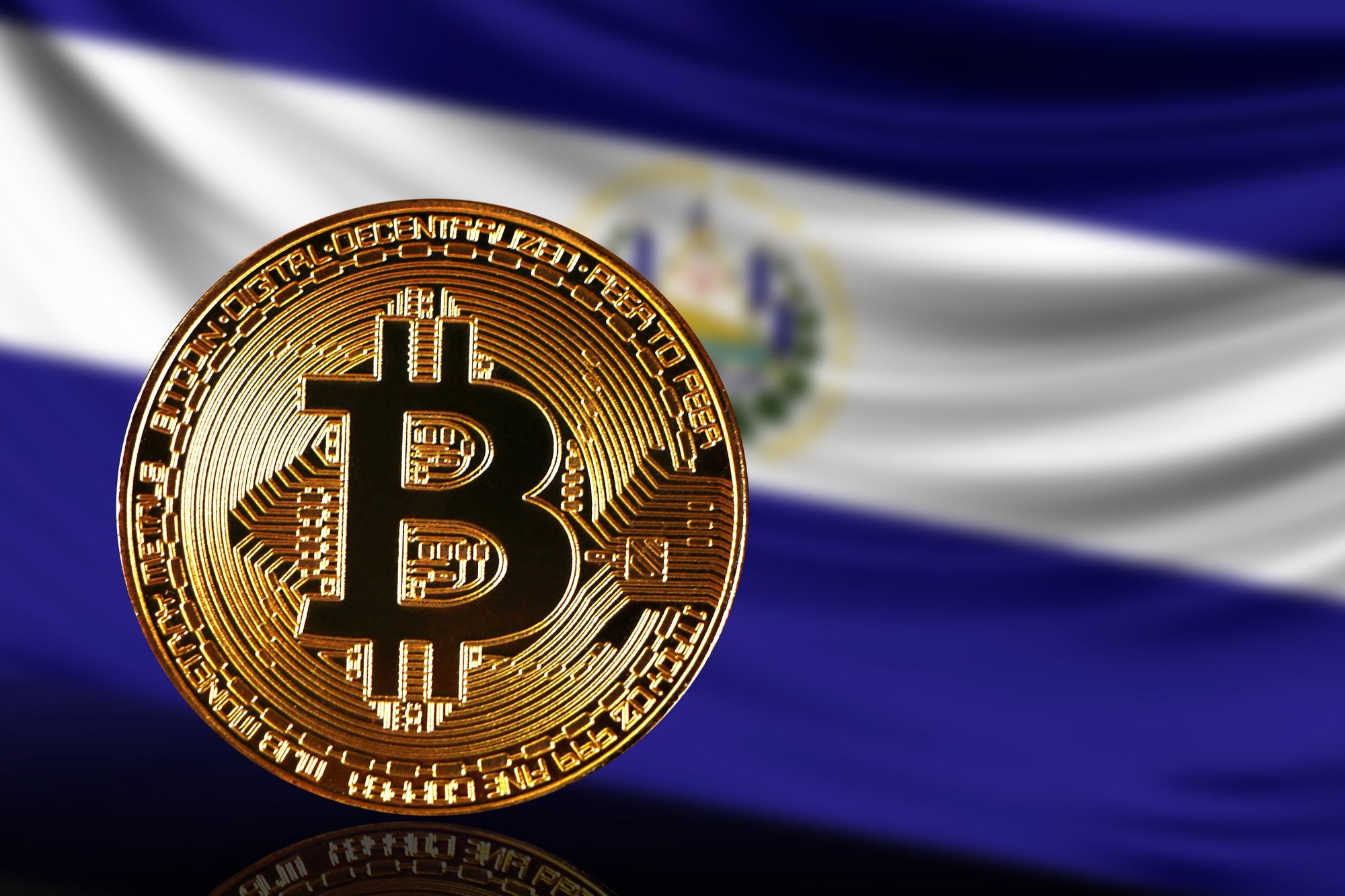Liquidity Concerns Mount as Coinbase Struggles with Solana Transactions
21.01.2025 16:00 2 min. read Alexander Zdravkov
Coinbase, the largest cryptocurrency exchange in the U.S., is under fire as users report lengthy delays - some lasting over 14 hours - for processing Solana (SOL) transactions.
These disruptions have led to speculation about liquidity issues and questions regarding the exchange’s operational integrity.
Amid user complaints, rumors suggest Coinbase may be staking customers’ SOL without explicit consent to earn yield. Critics argue that delays might stem from the time required to unstake SOL to fulfill withdrawals. Some users have highlighted large SOL transactions to Coinbase, flagged by blockchain trackers, as potential evidence of liquidity management challenges.
Concerns about Coinbase’s solvency have reignited demands for Proof of Reserve (PoR) audits, a measure widely discussed after the collapse of FTX. Crypto analysts have raised questions about whether Coinbase is struggling to maintain liquid reserves, especially as its largest Solana validator is reportedly unstaking significant amounts of SOL.
The exchange attributed the delays to technical and blockchain-related challenges, but developers familiar with Solana have pointed to Coinbase’s infrastructure as the issue. They argue the platform may not be optimized for Solana’s rapid transaction speeds, causing processing bottlenecks.
This incident adds to ongoing scrutiny of Coinbase’s custody practices. Recent concerns were also raised in relation to BlackRock’s Bitcoin ETF filings, where investors pushed for greater transparency in Coinbase’s custodial operations. The exchange’s new Bitcoin-backed USDC loans have further fueled debates about its operational priorities.
With mounting criticism, Coinbase faces increasing pressure to address user concerns and prove its commitment to transparency and reliability.
-
1
Canton Network Developer Secures $135M to Expand Institutional Blockchain Use
25.06.2025 12:00 1 min. read -
2
Coinbase Brings Cardano and Litecoin to DeFi via New Wrapped Tokens on Base
26.06.2025 18:00 1 min. read -
3
XRP Ledger Sees Sharp Drop in Activity as Key Network Metrics Tumble
26.06.2025 19:00 1 min. read -
4
Top 10 DeFi Projects by Development This Month
28.06.2025 20:00 1 min. read -
5
XRP Ledger Deploys EVM-Compatible Sidechain to Expand Multichain Utility
30.06.2025 21:00 2 min. read
Top 10 blockchains by transaction volume in June 2025
New data highlights a dramatic lead for Solana in blockchain activity for June 2025. According to the figures, Solana processed a staggering 2.98 billion transactions, far outpacing all other chains in the ecosystem.
Top 10 AI and Big Data Crypto Projects by Development Activity
According to new insights from market intelligence platform Santiment, development activity in the crypto sector’s AI and Big Data segment remains strong, with several major projects showing notable GitHub activity over the past 30 days.
XRP Ledger Deploys EVM-Compatible Sidechain to Expand Multichain Utility
The XRP Ledger (XRPL) has officially launched its Ethereum Virtual Machine (EVM) sidechain on mainnet — marking a major milestone in its effort to bridge XRP’s payment efficiency with Ethereum’s smart contract capabilities.
What the U.S. Blockchain Act Means for Crypto’s Future
The U.S. House of Representatives has taken a major step toward digital asset regulation by passing the Deploying American Blockchains Act of 2025.
-
1
Canton Network Developer Secures $135M to Expand Institutional Blockchain Use
25.06.2025 12:00 1 min. read -
2
Coinbase Brings Cardano and Litecoin to DeFi via New Wrapped Tokens on Base
26.06.2025 18:00 1 min. read -
3
XRP Ledger Sees Sharp Drop in Activity as Key Network Metrics Tumble
26.06.2025 19:00 1 min. read -
4
Top 10 DeFi Projects by Development This Month
28.06.2025 20:00 1 min. read -
5
XRP Ledger Deploys EVM-Compatible Sidechain to Expand Multichain Utility
30.06.2025 21:00 2 min. read


